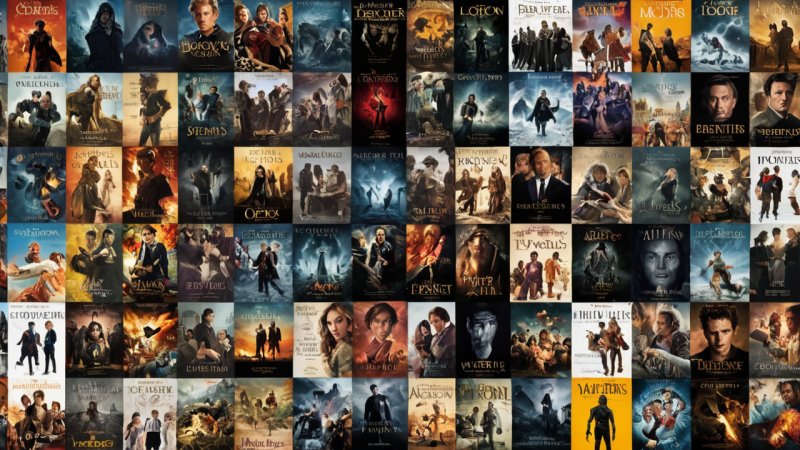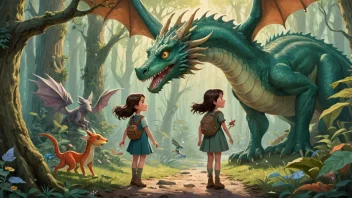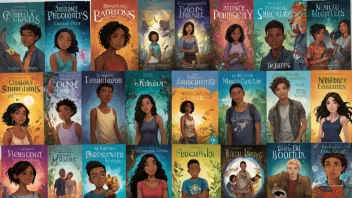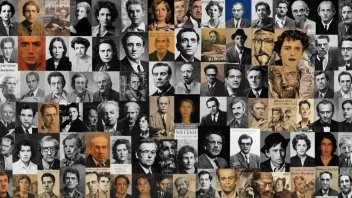Adaptations of book series into films have long captivated audiences, offering a visual feast of beloved characters and intricate plots. The synergy between literature and cinema creates a unique experience, and some adaptations have achieved remarkable success. Here, we highlight a few epic fiction series that have made their mark on both the literary and film worlds.
One of the most celebrated adaptations is 'The Chronicles of Narnia' by C.S. Lewis. This fantasy series transports readers to the enchanting land of Narnia, filled with talking animals and epic battles between good and evil. The film adaptations, beginning with 'The Lion, the Witch and the Wardrobe,' beautifully captured the story’s moral lessons and the magic of childhood wonder. The films resonated with audiences of all ages, reigniting interest in Lewis’s original work and encouraging a new generation to explore the rich narratives within.
J.K. Rowling's 'Harry Potter' series remains a cultural phenomenon, inspiring millions worldwide. The story of a young wizard navigating the challenges of adolescence while battling dark forces has been expertly brought to the big screen through eight films. Each installment not only captured the essence of the books but also showcased the evolution of the characters as they faced increasingly complex moral dilemmas. The films have left an indelible mark on both literature and film, creating a rich tapestry of fantasy that continues to inspire readers and viewers alike.
'His Dark Materials,' based on Philip Pullman’s trilogy, is another remarkable series that made its way to film and television adaptations. The story follows young Lyra Belacqua as she embarks on an epic adventure across parallel universes. While the first film adaptation, 'The Golden Compass,' received mixed reviews, the recent television series has garnered acclaim for its faithful representation of the source material. The themes of religion, morality, and the quest for knowledge are intricately woven into the narrative, appealing to both young and adult audiences.
For fans of classic literature, 'Pride and Prejudice' by Jane Austen has seen numerous adaptations over the years, with the 2005 film starring Keira Knightley being particularly beloved. This timeless tale of love, class, and societal expectations continues to resonate with readers and viewers alike. The film captures the charm and wit of Austen's writing, highlighting the tension between Elizabeth Bennet and Mr. Darcy. Each adaptation breathes new life into the characters, inviting a contemporary audience to appreciate the nuances of Austen's critique of society.
Lastly, the series 'A Series of Unfortunate Events' by Lemony Snicket (Daniel Handler) has been adapted into both a film and a television series. The darkly humorous tale follows the Baudelaire orphans as they navigate a series of unfortunate events in their quest for justice. The adaptations have successfully brought the whimsical yet grim atmosphere of the books to life, captivating audiences with their unique storytelling.
In conclusion, the relationship between literature and film continues to evolve, with adaptations opening new avenues for storytelling. The successful transition of these epic fiction series into films not only entertains but also encourages deeper engagement with the original texts. As audiences continue to explore these adaptations, they are reminded of the power of storytelling in its many forms.
Epic Book Series Translated to Film
Explore the captivating world of book series that have been successfully adapted into films, showcasing beloved characters and intricate plots.






